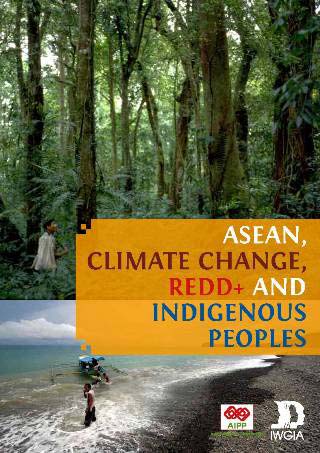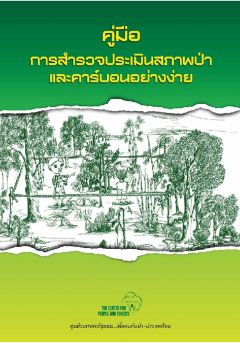Kosovo : Country Environmental Analysis
A Kosovo CEA is a World Bank analytical
tool used to integrate environmental issues into development
assistance strategies, programs, and projects. To that end,
the CEA synthesizes environmental issues, highlights the
environmental and economic implications of development
policies, and evaluates the country's environmental
management capacity. Kosovo is landlocked and possesses many
mineral resources, mainly coal, lead, zinc, chromium, and



